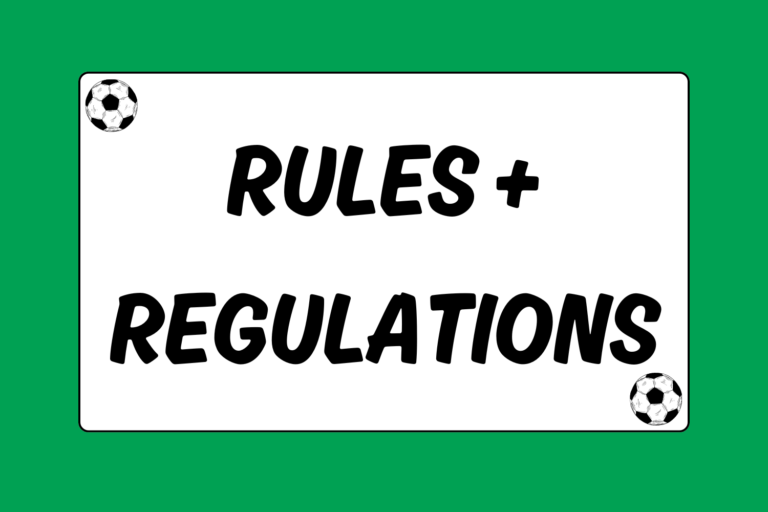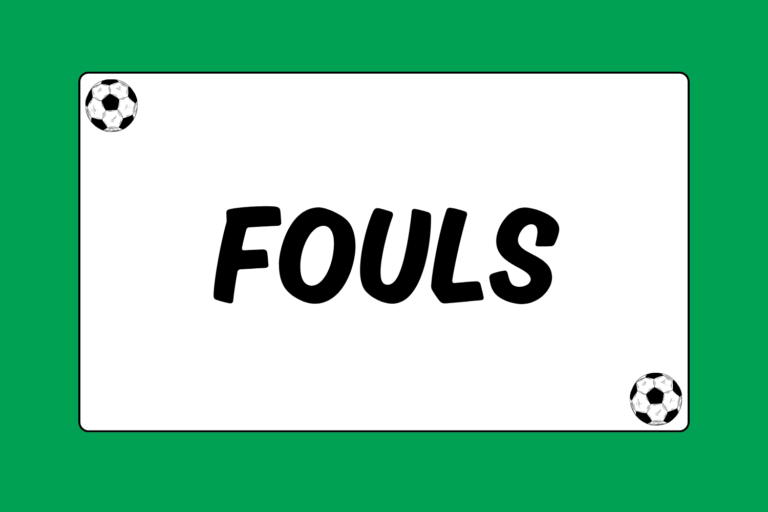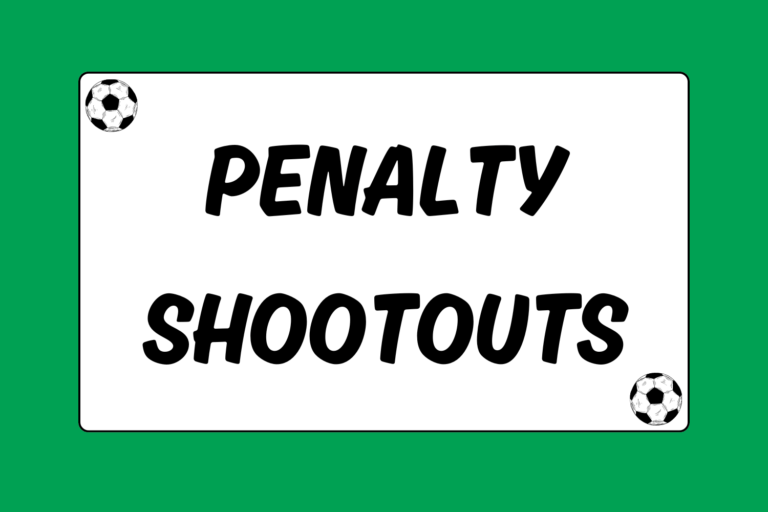When you join a soccer team you should remember that playing in a match is a privilege, not a right. You need to earn your minutes just like everyone else, and at the end of the day, it is the coach’s decision who plays and who sits. However, that’s not to say that the determination of playing time is out of your hands. Below is a list of reasons why you may not be seeing the amount of time you want, or think you deserve.
1. You’re Lazy
Being lazy is the ultimate crime in soccer, and the easiest way to find yourself “riding the pine.” Coaches don’t care how good you are. If you don’t give 100 percent while on the field, you simply will not play. This notion will never change, and if you don’t feel like you can give your best effort, then maybe soccer is not the game for you. However, if you think your coach has unfairly labeled you as a lazy player, working hard in practice and games is the best way to prove him wrong.
“The vision of a champion is someone bent over, drenched in sweat, to a point of exhaustion, when no one else is watching.”
Anson Dorrance
Former United States women’s soccer coach
2. You’re Out of Shape
Soccer is a game of fitness, and on the professional level, where only three substitutes are allowed per game, you are commonly expected to run for a full 90 minutes. In a match between equal sides, fitness will always carry the day. You may even find yourself playing a team that is more talented than yours. However, with a top-notch fitness level, you will usually hold an advantage. Coaches know this, and if you are out of shape they will have little sympathy for you. You need to take your fitness seriously and ensure that it doesn’t become a hindrance to the objectives of the team.
3. You Don’t Listen to your Coach
Always remember that the coach’s word is law. Even if he tells you to do something that is wrong in your mind, do it anyway. He will figure that out for himself and won’t feel that you have undermined his authority by questioning him. Talking back, no matter if you are right or wrong, is almost always detrimental to the team and your ability to earn time on the pitch. If you display class, there is no reason to think that it won’t be paid forward in turn.
4. You Don’t Understand the Game
While soccer is relatively straight forward, there are a few essential rules with which you need to deeply familiarize yourself in order to succeed on the field. If you are a defender and you aren’t playing on the “goal side” of your mark, your coach will think you aren’t playing the position correctly. If you are a forward and you repeatedly get called for being offside, your coach will think you don’t even know how the offside rule works. This may or may not be the case, but it all comes down to how others perceive your level of understanding (in this case, it’s your coach). Be sure to do your homework and become a student of the game. Knowing the rules of the game better than your opponent is an advantage that you can exploit during a match.
5. You Don’t Get Along with Teammates
Often times, teams are loaded with talent, but for some reason, things just don’t click. This is generally written off as what coaches like to call “chemistry problems.” Teammates don’t always get along, but when you’re on the pitch, you have to work together. Set aside your differences and make your best effort at playing as a team. If you refuse to do this your coach will view you as a cancer and likely pull you from the match to see if the chemistry improves. If it does, you will forever be remembered in a negative light. Don’t let it get to the point where your teammates resent you.
6. You Hog the Ball
Soccer is a team sport, and you can’t win without your teammates. You may have the best individual skill set on your team, but if you don’t distribute the ball you are undoubtedly not the best player on your team. Hogging the ball is viewed as a crime in soccer, because common sense tells you that the ball can travel faster than you can. By passing the ball, you can quickly advance it up field and increase the likelihood that a scoring chance will present itself. Hogging the ball will hinder this development, because your teammates will stop making runs once they realize you won’t pass to them even when you should. If the coach sees this happening, he will remove you from the field at his earliest convenience.
7. You Talk Back to the Referee
The general rule of thumb is that if you are not the captain of your team, you do not speak to the referee … EVER! Although you may not think so, being a referee is a very difficult and thankless job. The referee can’t possibly get every call right, but even if he knows he is wrong, that does not give you the right to berate him for it. If your captain addresses him frankly, and with respect, you might even get lucky enough to receive a make-up call later in the match. Yelling at the referee, making profane gestures, and even displaying negative body language will put you on the fast track toward a yellow card or red card. If your coach sees that you are obviously distracted with calls you don’t agree with, he won’t hesitate to pull you from the match.
8. You Show Up Late or are Absent from Practice
Practice makes perfect. This phrase has an air of truth to it, but the simple fact is that no matter how much you practice, you will never be perfect. All you can do is get as much time as you can on the pitch and improve your game. This won’t happen if you don’t show up. Many coaches have policies that if players don’t come to practice, they aren’t even allowed to dress for that week’s match. You should make every effort to go to every practice, on time, and play as hard as you can.
Hot Tip: Talk to Your Team!
Almost any problem you have with a coach or teammate can be fixed simply by having the courage to talk to them. If you have an issue to address, approach them in a calm, collected, and respectful manner. If your teammate or coach truly has the best intentions of the team in mind, they will gladly listen to what you have to say. Remember, soccer is a team sport and talking is the key!
9. You Goof Off
There are few things coaches hate more than players who cause distractions at practice and during games. If you want to throw away your skill development, that’s fine, but if you are distracting other players with your antics, then in all likelihood your coach will have some serious beef to address with you. If your coach repeatedly addresses you on the issue and you continue to be a distraction, you won’t see time on the field and you may even be asked to leave the team.
10. You Are Outclassed By a Teammate
If you are on the short end of a battle with a teammate for a starting spot, there are a number of ways you can help your cause to get back into the starting lineup. First of all, be gracious. Before you make a huge deal out of being benched and irreparably burn all bridges, think. Ask yourself: Why is the coach going in another direction? Is the player starting ahead of me better than I am? What can I do to win back the coach’s affection? You may also want to consider moving to another position. This might allow you to regain a starting spot. Regardless, continue to practice hard and prove to your coach that you belong.
Become a Model Player!
Hopefully this guide has provided you with the necessary tools to earn a starting spot on your team. Always remember that soccer is a “team” sport, and if your actions on and off the pitch don’t match up with the goals of the “team,” your playing time will surely be limited.





